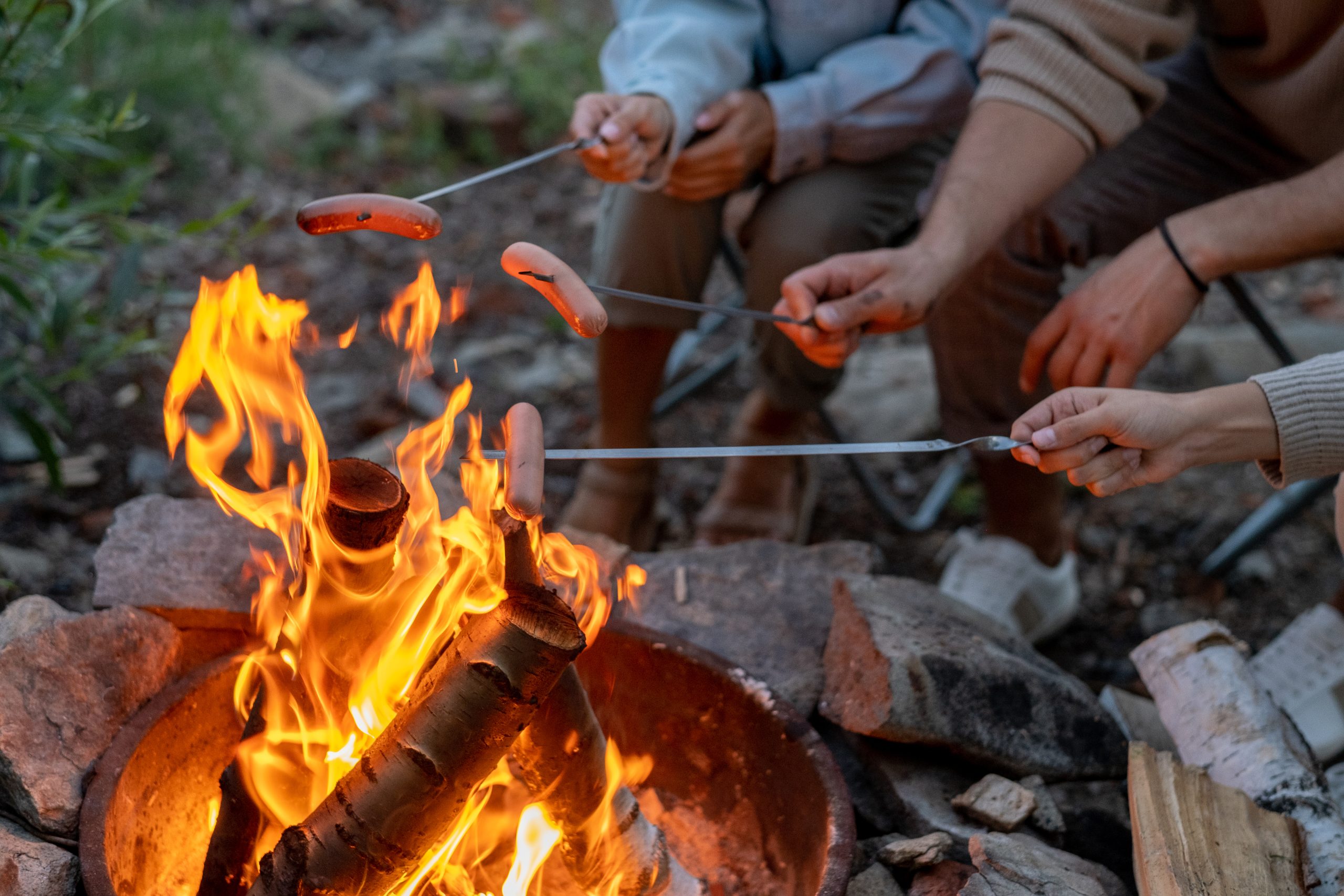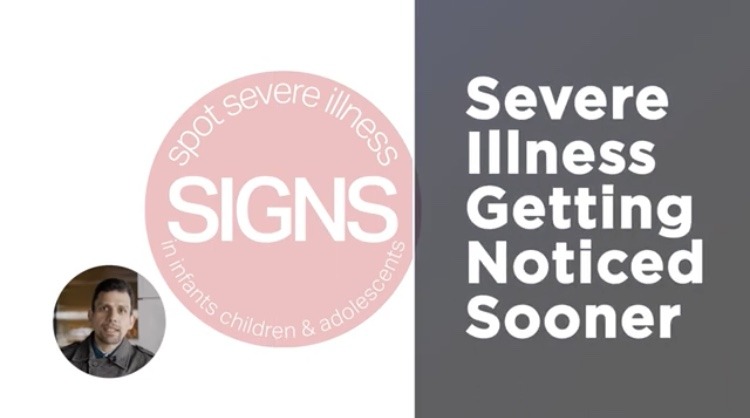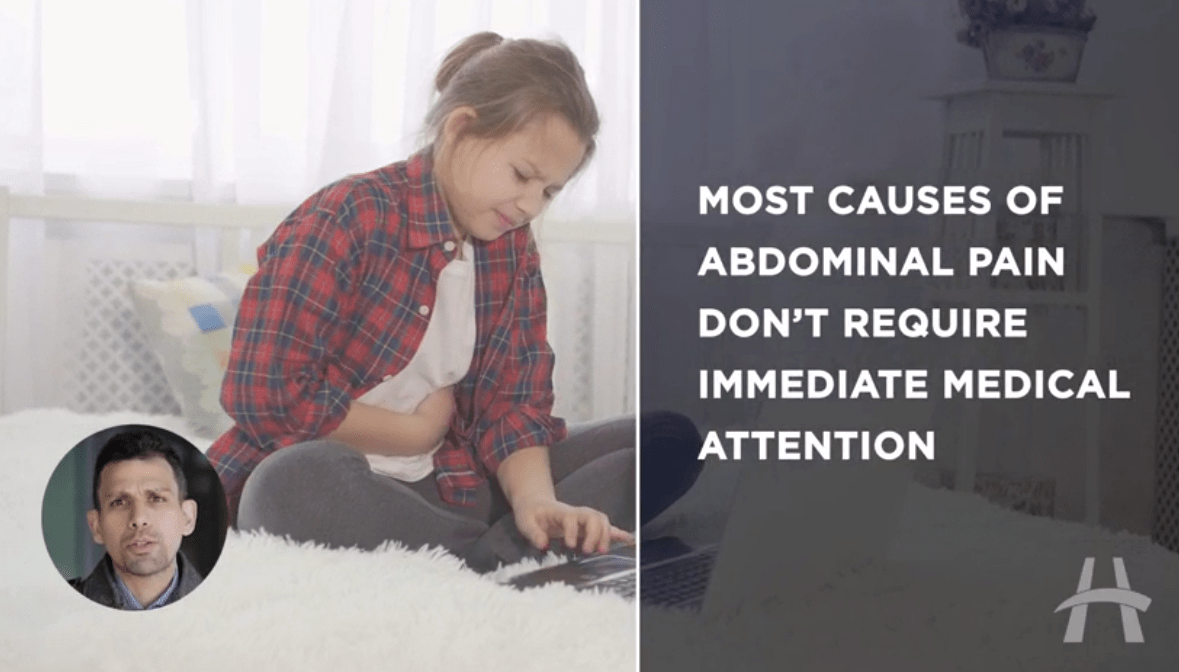
How to beat the heat
When the temperature rises, so do the risks for heat-related illnesses. It’s important during hot weather to take the appropriate precautions to keep you and your loved ones safe when having fun in the sun.
Try following these suggestions from Hamilton General Hospital’s Dr. Jennifer Tang to help keep your body cool when the heat can’t be beat.
How to stay cool in hot weather
- Stay inside during hot midday hours and avoid strenuous activity.
- Wear light, breathable clothing.
- Go for a swim in your community pool or visit an air-conditioned community centre.
- Drink lots of cool water!
Check out these other quick tips from McMaster Children’s Hospital’s Dr. Anthony Crocco on ways to keep you and your loved ones safe on hot summer days.
Staying hydrated
Although it can feel uncomfortable, sweating is our body’s way of cooling down. Without replenishing fluids on a regular basis, especially in the heat, it becomes harder to sweat and therefore harder to stay cool. Be sure to drink lots of water, early and often!
Exercising in the heat
Staying active is both fun and a great way to keep your body healthy. Exercising in the heat can be safe, but it’s important to: take frequent breaks, drink plenty of fluids, and listen to your body. If you start to feel any symptoms, it’s important to stop, rest and rehydrate.
Hot car
A hot summer day can essentially turn a vehicle into an oven. It’s especially dangerous for children, pets and the elderly. Do not leave them in a hot vehicle – it is very unsafe.
Rolling down the windows
Keeping the windows down when the weather gets hot is not enough to keep those inside safe. The vehicle continues to hold in heat and is dangerous to anyone inside.
 Visit the nearest emergency department if you feel unwell and experience these signs of heat-related illness:
Visit the nearest emergency department if you feel unwell and experience these signs of heat-related illness:
- dizziness
- nausea
- headache
- fainting
- breathing problems
- rapid heartbeat
- chest pain



